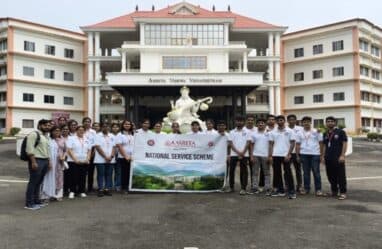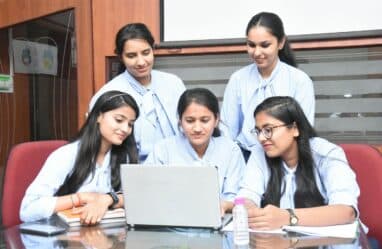Exam strategies MCQs for NEET PG and FMGE Exams: Top 10 Strategic Tips

Mastering MCQs for NEET PG and FMGE Exams: Top 10 Strategic Tips
NEET PG and FMGE exams can be a daunting task considering the amount of material and multiple choice questions (MCQs). Success on these tests requires more than memorization; It requires careful thought, good time management and deep understanding. Many students are overwhelmed by the problem of solving a large number of MCQs in a short time.
To be successful, it is necessary not only to have knowledge but also to have the ability to apply this knowledge effectively during the exam. In this guide, we explore the top 10 strategies that can significantly improve your ability to successfully tackle MCQs, helping you improve your score and achieve your clinical goals. Read more, Best 5 Time Management Tips for Competitive Exams

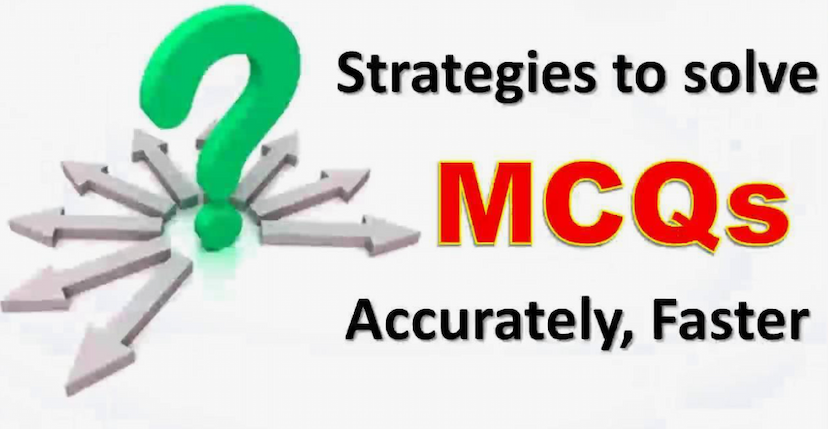
1. Time Management
Efficient time management is the cornerstone of success in NEET PG and FMGE exams. For NEET PG, you need to solve 200 questions in 3.5 hours, while FMGE requires you to tackle 300 questions in 150 minutes. This necessitates a calculated allocation of time per question, ensuring that you can attempt all questions within the given timeframe.
Perform trial exams regularly to ensure timing. This exercise will help you plan your pace so that you can devote the right amount of time to different areas. Be aware of the types of problems that take the most time and practice solving them effectively. By checking how much time is spent on each question during practice tests, you can adjust your strategy and avoid spending too much time on difficult questions. A balanced approach will increase your confidence in and improve your performance on exam day.
2. Analyze the Question
MCQs correctly depends on reading and understanding each question carefully. Developing strong comprehension skills is especially important for long-term and clinically focused problems. Make it a habit to read the questions carefully, paying attention to key terms and qualifiers such as superlatives, conditionals, and time indicators.

Before looking at the provided options, try to answer the question based on your knowledge of the topic. This method helps remember and retain information. By using this method regularly, you will master the ability to quickly understand the essence of any question and find the correct answer.
3. Effective Answering Techniques
MCQs correctly, it is important to carefully consider all options before making a choice. Start by eliminating options that don’t seem right, depending on how you feel about the problem This process of elimination will narrow down the choices, increasing your chances of selecting the correct answer.
Pay special attention to absolute terms like “always,” “never,” and “none of the above,” as these can often indicate incorrect answers. By systematically analyzing each option and eliminating the least likely ones, you can confidently choose the answer that best addresses the question.

4. Make Smart Guesses
FMGE, so educated guessing may be good. The negative mark for NEET PG is ¼, which means that intellectual reasoning can still be useful if done correctly. Use elimination techniques to narrow the options and increase your chances of choosing the correct answer.
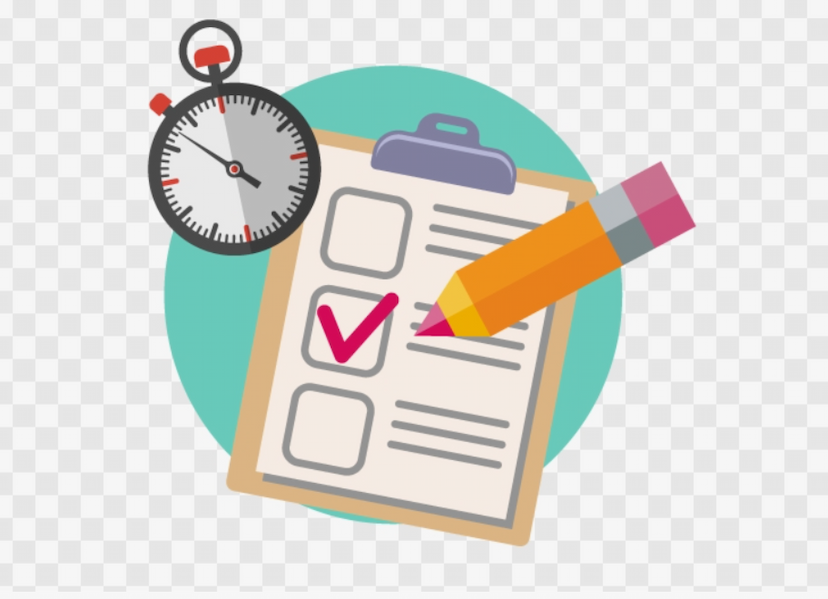
5. The Elimination Method
The elimination method is an MCQ-solving technique that helps you arrive at the correct answer by selecting the wrong option from the system. Start by understanding the problem and identifying key terms that will guide your choices.
Then go through the given options and analyze them one by one. Remove any options that are actually wrong or don’t seem to fit the problem. If you have knowledge on the subject, apply it to eliminate options that conflict with your knowledge. Trust your instincts and consider what you’ve learned from other options. This method increases your originality and increases your self-confidence.

6. Consistent Practice
Consistent practice of MCQs is the most effective strategy to reinforce your understanding of key concepts and enhance your problem-solving skills. Regularly practicing MCQs trains your brain to retrieve information quickly and accurately, helping you develop intellectual muscle memory for the exam.
Practice a diverse range of MCQs, focusing on different subjects and difficulty levels. This will condition your mind for the challenges of the actual exam and improve your ability to recall information under pressure. The more you practice, the more familiar you will become with the exam format, boosting your confidence and performance.
7. Skip and Return
When faced with a difficult problem, it is often better to skip it first and come back to it later. Cross an issue to indicate that it needs attention. This method ensures that you do not lose points on easy questions and keeps you motivated.
When you return to the difficult problems later, once you have finished the easy ones, you can approach them with fresh eyes. These strategies will help you manage your time better and increase your chances of answering all questions within your allotted time.
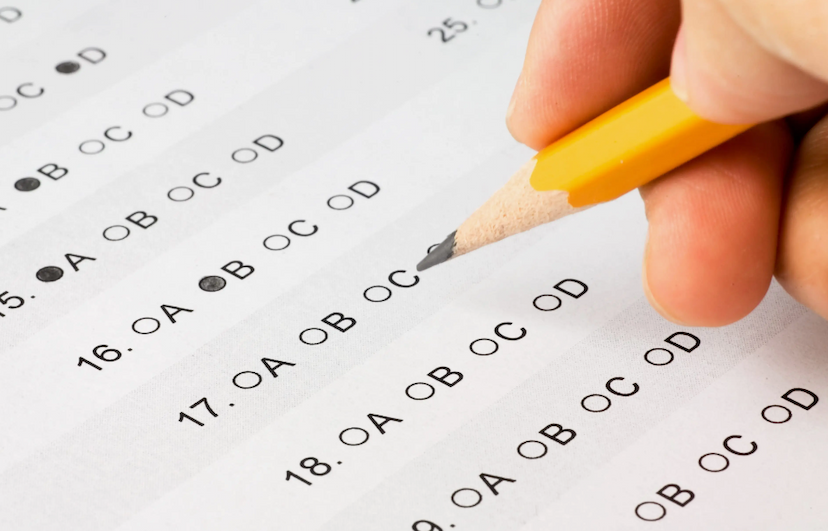
8. Pattern Recognition
Find context in the options provided for each question. Knowing what seems to be removed from the outside can lead you to the right solution. For example, if the options are 4p-q, 2p+q, 4p+q and 3p+q, only the ‘-‘ option will appear.
Knowing these insider tips and using them to your advantage will help you make more choices. This technique is especially useful if you are not sure of the exact answer and have to rely on guesses.
9. Default to ‘C’ or Longest Option
Question designers often favour ‘C’ as the correct answer, choosing ‘C’ when in doubt can be an oddly practical strategy. On the other hand, choice can also be a good strategy in the long run because demand planners can compete to narrow down the best options but may also be free with the wrong options. While this method is not foolproof, it can be a useful backup strategy if you are unsure of the correct answer.
10. Monitor and Adapt
Regularly evaluate your performance on practice tests to identify strengths and weaknesses. Analyze your results to identify areas for improvement and adjust your strategy. Make sure you develop a balanced approach that addresses your weaknesses while emphasizing your strengths.
By continuously monitoring your progress and adapting your strategies, you will be better prepared for the challenges of the actual exam. This iterative process of self-assessment and adjustment will help you refine your approach and boost your overall performance.
Final thoughts
MCQs is crucial to clear the NEET PG and FMGE exams. By following these first ten steps, you can approach your preparation with the most basic and important ideas. Effective time management, careful problem analysis, and elimination of bad choices are just a few techniques that can significantly increase accuracy and productivity. Consistent practice and a thoughtful approach to each question will increase your confidence and improve your ability to solve
questions. Remember, the key to success in these exams lies in mental preparation and strategy. With dedication and the right approach, you can crack the MCQs and reach the top, paving the way for a successful medical career.
Also, read



